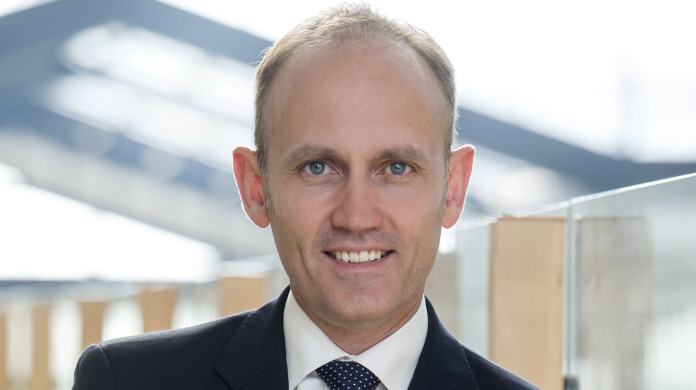
SOUTH African mines minister, Gwede Mantashe’s, compromise on energy in which he hopes to align the aspirations of the green lobby with miners, seems a sensible approach. The country doesn’t have a coal mining problem, it has an energy problem so the debate around solving it needs to be appropriately universal in character.
The middle way is not, however, working out quite as well in the mining sector. Without doubt, Mining Charter III is an advance on previous versions, but it falls short in critical areas which have been taken to court by the Minerals Council, as is well documented.
Mantashe has emerged as a bit of a unifying voice in the Ramaphosa Administration. But the investment sector will be less sympathetic. Similarly, the advance Mining Charter III makes in respect of junior mining is tinged with disappointment, as the Minerals Council points out.
Only junior miners with a turnover of R150m or less are exempt from the Mining Charter III provisions on transformation which involve selling equity. This excludes a host of larger, but still junior, companies, the council argues. The ceiling should be R500m in turnover.
Nonetheless, as far as junior miners are concerned, Mining Charter III looks workable. But don’t try to convince Paul Miller, a former resources banker now in private equity.
Miller, a bit of a grinch when it comes to government policy, has spent the good part of a lifetime banking mining. So when he says Mining Charter III will fail to attract the large-scale mining investment the country needs, he’s probably right (or worth listening to).
Speaking at the Junior Indaba, a mining conference fronted by Bernard Swanenpoel, who migrated from the snappy blue-chip company environs of his former haunt, Harmony Gold, to the small mining space, Miller said the challenges facing juniors were systemic. Even if the mining industry regulations could be made more investor friendly, many additional advances had to be made.
The Department of Minerals Resources (DMR) cadastre, developed at a very modest cost of R3.5m about seven years ago, is dysfunctional. Parcels of mineral-bearing property don’t turn over quickly enough falling far short of the use-it, or lose-it principle. Even Swanepoel, temperamentally indisposed to Miller’s scepticism, agrees.
World class administration at the DMR is lacking across the board, says Miller. Speaking at the conference, he cited a High Court ruling in 2017 in respect of Aquila Resources in which the presiding Judge (Tuchten) accused the department of “… a high degree of institutional incompetence”. Mantashe, has promised to fix the dysfunction at the licensing office level, closing some, and anecdotally the feedback is of some improvement. But is it enough?
No, says Miller. He went on to identify a lack of investment incentives. In Canada, the Toronto Stock Exchange can offer flow-through dividends whilst in London, there are capital gains benefits. In Australia, self-managed superannuation funds are available … There are no such tax benefits available to South Africans to invest in start-up mining, whilst the ability of investment funds to put money into juniors is structurally limited.
Two thirds of junior miners are not available to our funds.
Miller is right. Fiscally, the authorities need to throw a bone or two in order to encourage investment, but one suspects – knows – that a momentum needs to start at the grassroots level by making the resources in the ground much easier to find, section, and manage.











